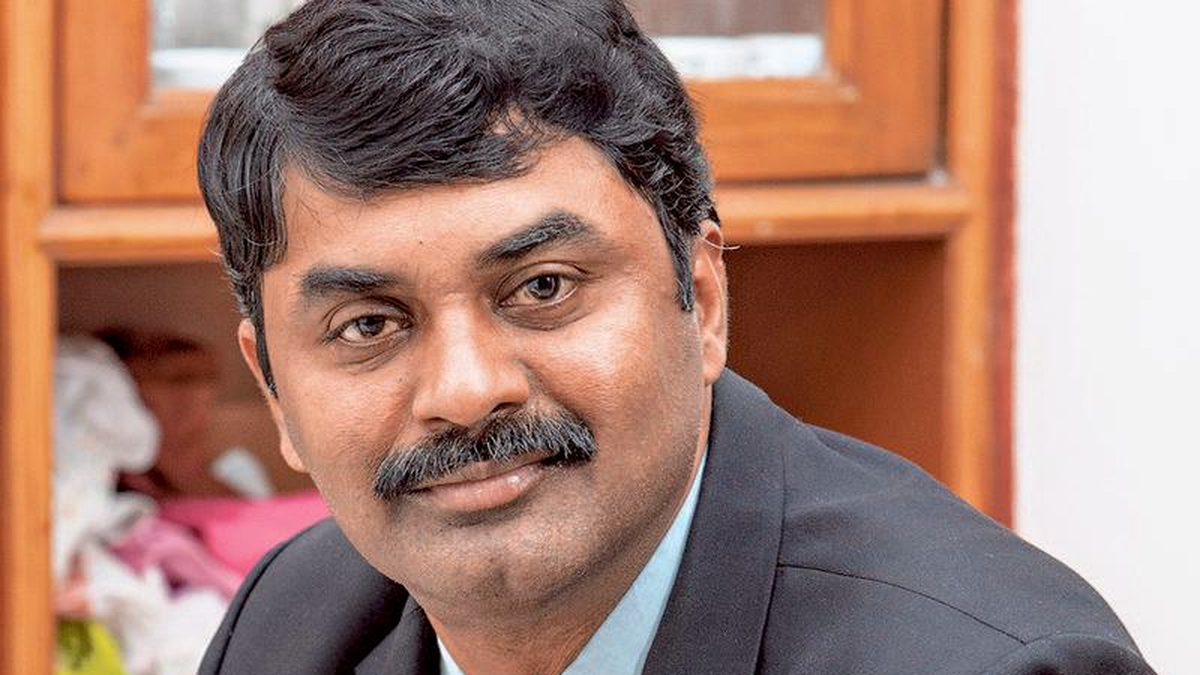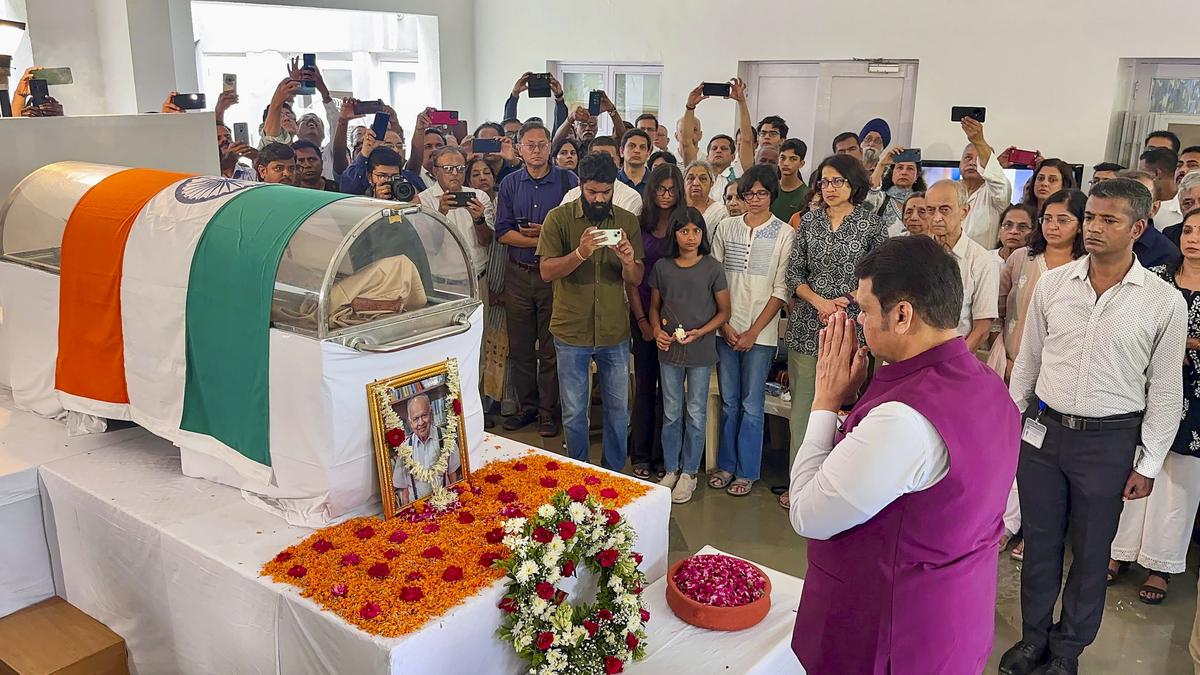
A view of the Supreme Court of India. Image for representation
| Photo Credit: Sushil Kumar Verma
A Bench headed by Chief Justice of India Sanjiv Khanna said the High Court must have the first opportunity to apply its mind to the problem.
The petitioners, including Delhi resident Sajal Awasthi, urged the Bench to have one High Court, preferably Delhi, hear the petitions. The Bench said it would upload its order on February 5.
The petitioners said the amended law allowed the state to freely encroach upon the fundamental rights of dignity, free speech, dissent, and reputation.
It highlighted how the amended law could be used to bring disrepute to a person, and even worse, rob him or her liberty. The heavy burden to prove the entire state machinery wrong would lie on the person.
“The Unlawful Activities (Prevention) Amendment Act, 2019, seeks to substantially modify Chapter VI of the Unlawful Activities (Prevention) Act, 1967, and Section 35 and 36 therein. The new Section 35 of the UAPA Act, 1967, empowers the Central government to categorise any individual as ‘terrorist’ and add name of such a person in Schedule 4 of the Act,” Mr. Awasthi had contended.
The petition said the right to reputation was an intrinsic part of fundamental right to life with dignity under Article 21 of the Constitution, and tagging an individual a “terrorist” even before the commencement of trial or any application of judicial mind over it, did not amount to following of “procedure established by law”.
Published – February 05, 2025 02:50 am IST





